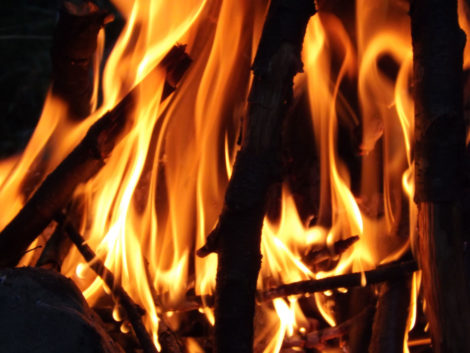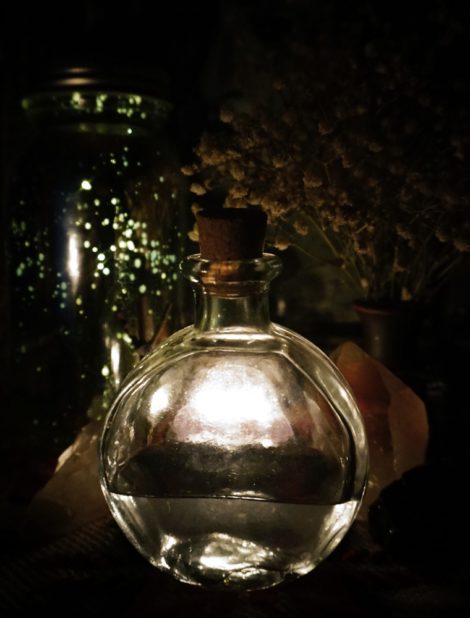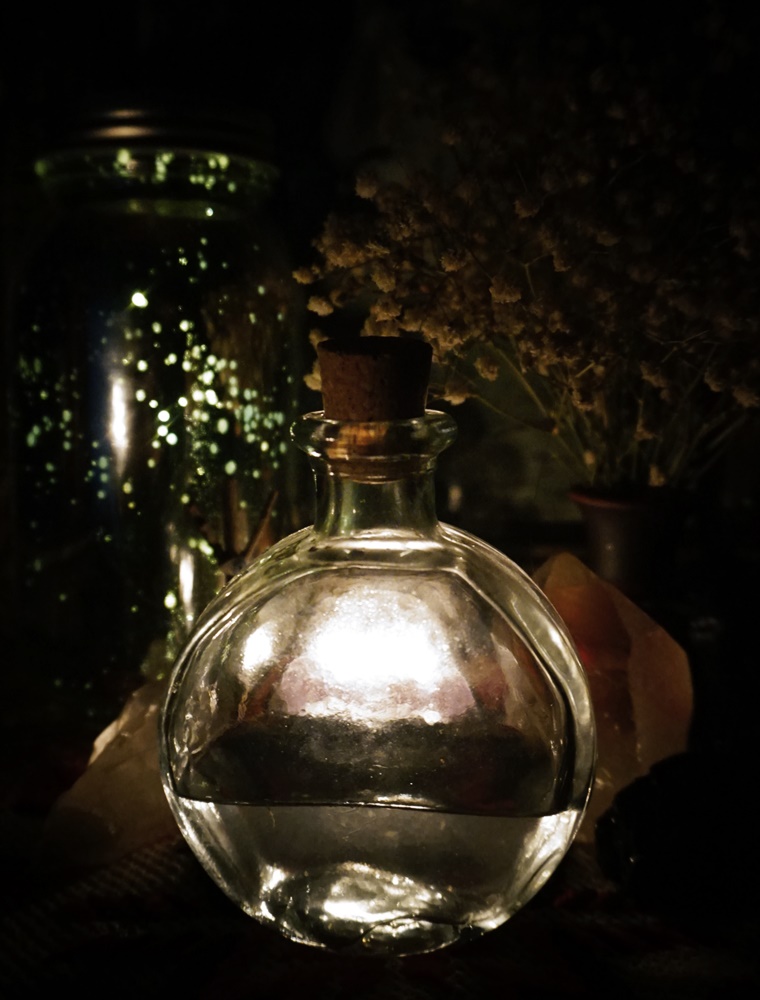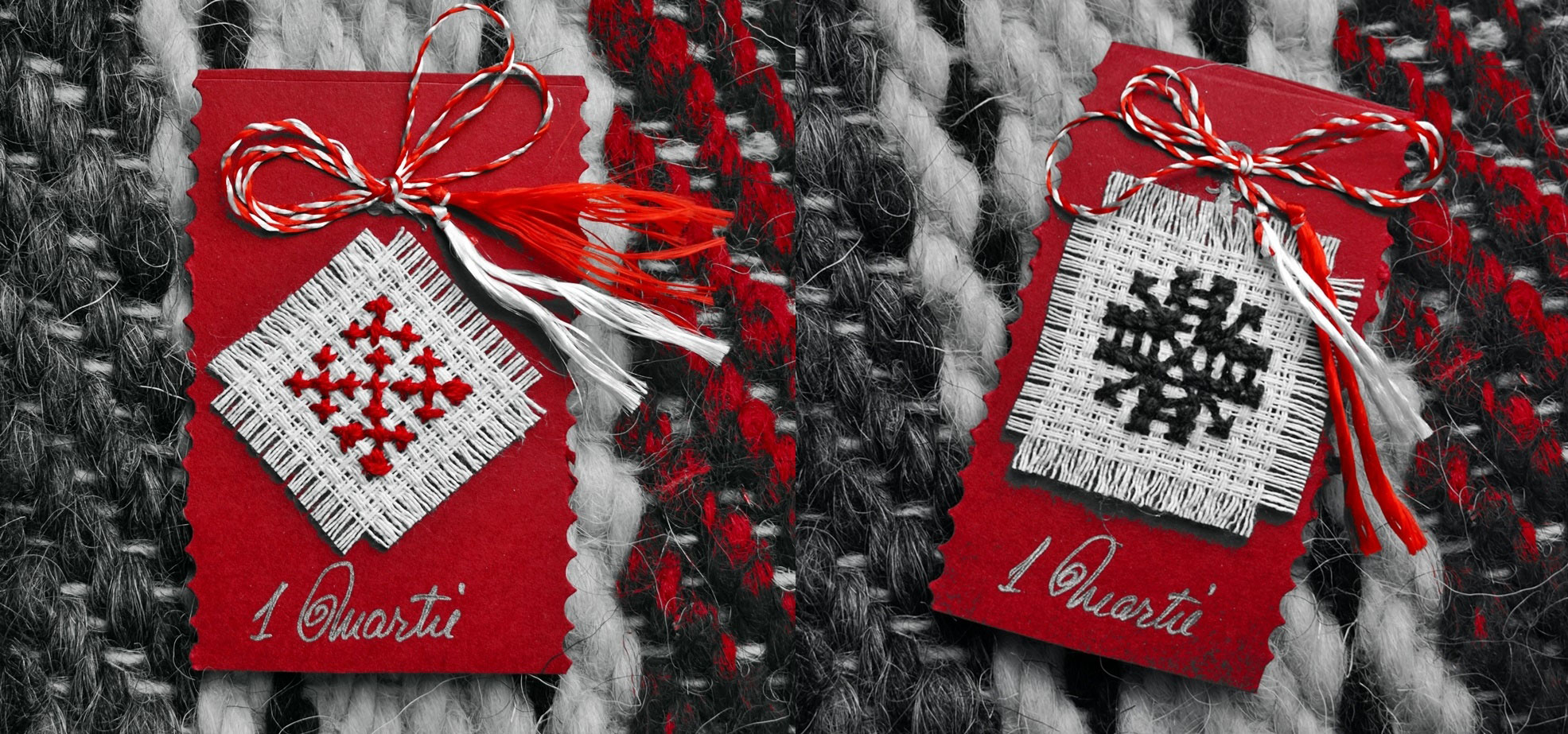Next on our journey in Romanian lore is a wonderful celebration of love that I am happy to be able to share with you. It’s a very endearing celebration that has always fascinated me and that I have always enjoyed myself. And no, it’s not Valentine’s Day. Spring is all about love, mating, breeding, fertility, abundance, reawakening, renewal – you get the picture. In Romanian folklore, the beginning of the love season starts with the celebration of Dragobete.
Dragobete is an old Dacian deity that in some depictions has the appearance of a satyr. He was worshiped in February, the month of Fertility. Some linguists suggest that Dragobete means “drunk with love”, which makes sense when you think about it. In Romanian, “drago” comes from the word “dragoste” which means love and “bete” comes from the word “beat” which means “drunk”.
Dragobete has ancient roots that have yet to be explored in more depth, but he is still celebrated as a young god, patron of love and joy, who is associated with Cupid and Eros. In the minds of many, he is the Romanian version of Valentine’s day. Both Dragobete and Valentine’s Day originate from Lupercalia, a pre-Roman festival of fertility celebrated in mid-February.
While Valentine’s is a Christian product, Dragobete is inherited from the Dacians and the Romans. As opposed to its more famous counterpart which celebrates a sanitized form of love, Dragobete celebrates love in the purest form by preserving man’s primeval bond with Nature.
Dragobete is also known as the Dashing or the Betrothed of Birds. He is young, handsome, strong, and he brings love and joy to both men and animals. He is the son of Baba Dochia (Old Dokia) and the brother in law of the hero Lăzărel. His mother is the symbol of the end of a harsh winter, while he is the symbol of spring and renewal.

Originating in the Daco-Thracian ritual of the Sacred Fire, the ceremonial bonfires lit throughout the year have various meanings for Romanians. On the day of Dragobete, the Fire becomes a symbolic incineration of the Winter Spirit and a rekindling of Nature and fertility.
He is celebrated around the Spring Equinox and Baba Dochia’s days, on February 24th, also known as the day when the birds are betrothed, which is believed to be the most fertile day among birds. This celebration of fertility is a symbol of the marriage between man and nature and their resurrection to life. The tradition is for both boys and girls to put on their best clothes and meet at a sacred place in the village. Then they go in pairs in forests and gather spring flowers, such as snowdrops and violets.
During the day, they gather on the hills in the village and they light bonfires. The sit around the fire telling jokes and stories. They return to the village running, as the boys chase the girls they like, and the girls play hard to catch. This tradition is known as “Flying” and the young man has to be quick enough to catch the girl dear to him in order to kiss her. This tradition gave birth to the common expression: “Dragobetele kisses the girls”.
The kiss which is witnessed by the other villagers marks the engagement of the young pair for the year to come. That’s why many young couples used this opportunity to reveal their relationship to the rest of the village and have it acknowledged. So yes, on Dragobete’s day love is in the air, but lovebirds are not the only ones enjoying the magical powers of the day.
Friends use this opportunity to become blood brothers or blood sisters. They lightly carve the shape of a cross on their arms and overlap their cuts to bind themselves with blood. While the blood ritual was very common in the past, nowadays this is practiced through hugs, fraternal kisses, and vows of loyalty. Unlike many other celebrations of the old age, sacrifice was and still is forbidden on this day.

Snow water derived from snow collected the night before Dragobete is also called sometimes “the snow of the faeries” and has special magickal powers.
Animal sacrifice is a great insult to the young god. It would greatly upset him, as the purpose of his celebration is to nurture the animal kingdom and bring forth fertility and abundance in the natural world. The young ladies who are not yet married, use the magical powers of this day to gather snow left from the night before, also called “the snow of the faeries”, and they use the melted snow throughout the rest of the year in beauty rituals and love spells.
Dragobete is also very protective of women, so it is common sense that on this day women are to be respected and appreciated. If anyone upsets a woman on this sacred day, they will be cursed with bad luck for the rest of the year by Dragobete himself. That’s why young people celebrate the day by telling jokes, laughing, and enjoying each other’s company. And because of that, the love god will keep them in love for the rest of the year.
The god also appreciates those who offer bouquets of snowdrops and violets to their dear ones. Those who pick their own bouquets or receive them from their loved ones, keep them for the rest of the year next to their icons or on their altars. They use them throughout the year for love charms, beauty rituals, and love spells.
One of the most popular traditions for Dragobete is a divination spell that is still practiced today and is very similar to that of the Epiphany Night. Young women who are eager to find out the identity of their betrothed put holy basil under their pillows and ask Dragobete to help them find their true love. The god will reveal their true love’s identity within a dream they will have that night.
To this day, being kissed on Dragobete’s day is considered to be lucky and powerful. It is believed that if no one kisses you on Dragobete’s day, you will be single for the rest of the year. That is why many girls hope and even wish to receive a kiss.
On this day, when Dragobete releases the tongues of birds so that they can sing again and mate, nature is rekindled and mankind rejoices. Because of that, it is one of my favorite ancient celebrations of fertility that has survived to this day.




